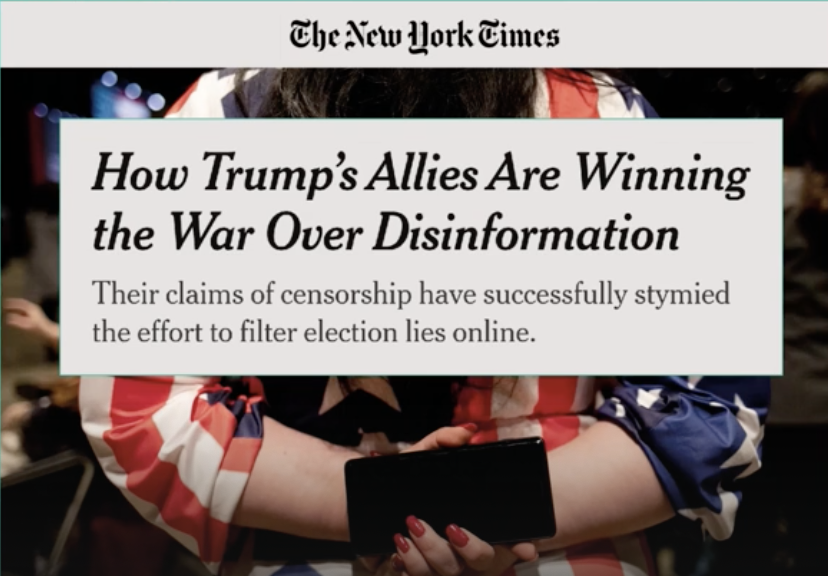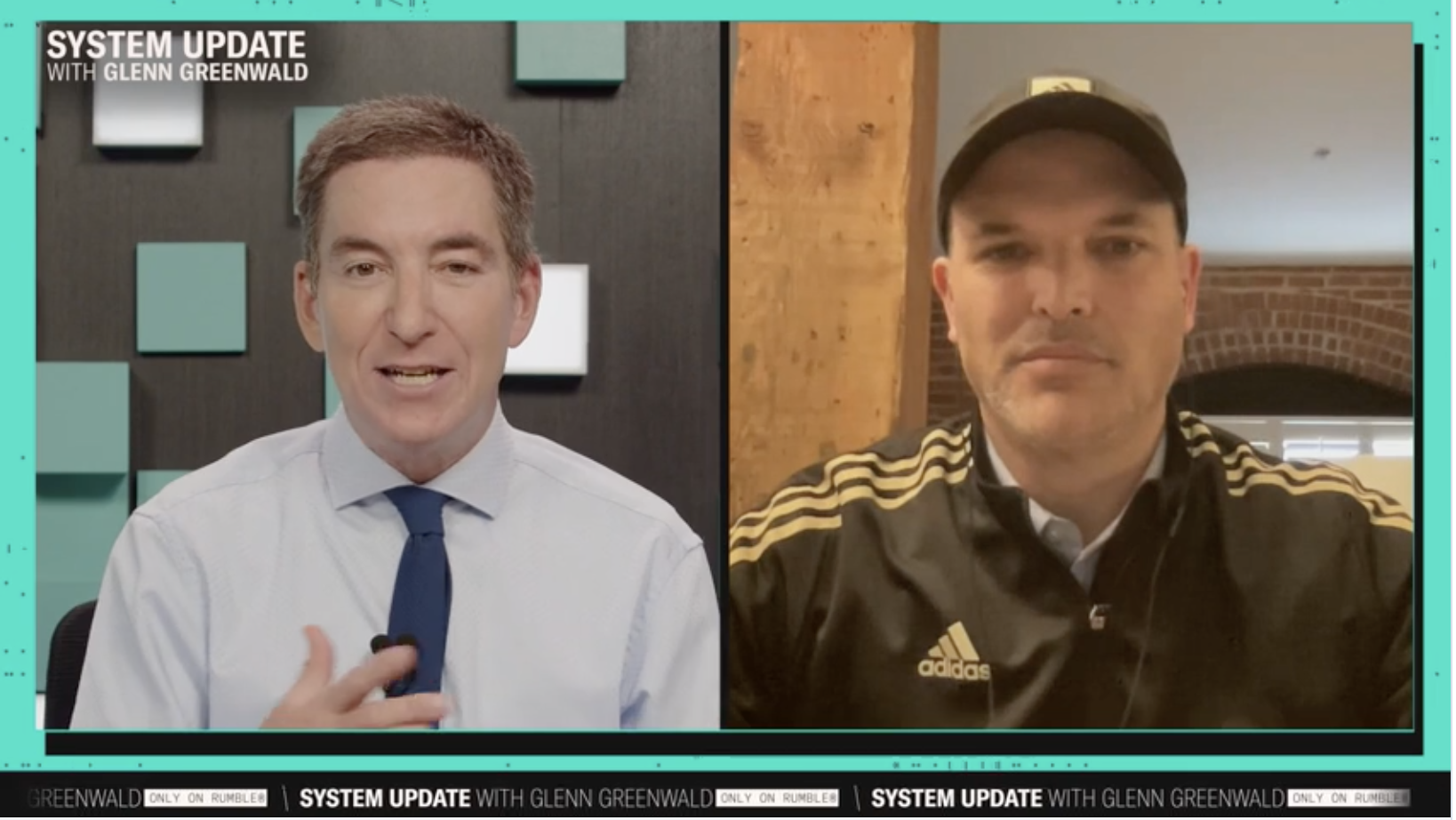Andrew Sullivan Pulls Aside the Curtain to Expose the “Transqueer” Movement
Andrew Sullivan, a gay man who was a courageous leader of the movement to legalize gay marriage, has written a thoughtful article about the "transqueer" movement. Here's an excerpt:
"The truth is: we have come a long way in understanding and respecting the unique human experience of being transgender. In the US, trans people are protected by the gold standard of the 1964 Civil Rights Act. They are everywhere in our popular culture. An entire generation has even been told that being trans is the most glamorous thing you could possibly be. But none of this is sufficient for the transqueers. What they want is an abolition of biological sex for everyone; the end of men and of women as separate categories; the sex reassignment of children on demand; the destruction of the nuclear family; an end to the Hippocratic Oath; the abolition of homosexuality; the presence of male bodies in women’s showers, prisons and shelter; the creation of fantastical post-everything genders and pronouns; and the criminalization of anyone who would ever question this cultural revolution.They are not winning, but it is not for lack of trying. The pseudoscience behind child transition is beginning to be exposed and puberty blockers are now banned in the UK outside clinical trials. A new lawsuit is being filed against the NCAA for destroying women’s sports. Public opinion has responded to the transqueer ideology by moving in the opposite direction, and now gay people are being caught in the queer crossfire."



